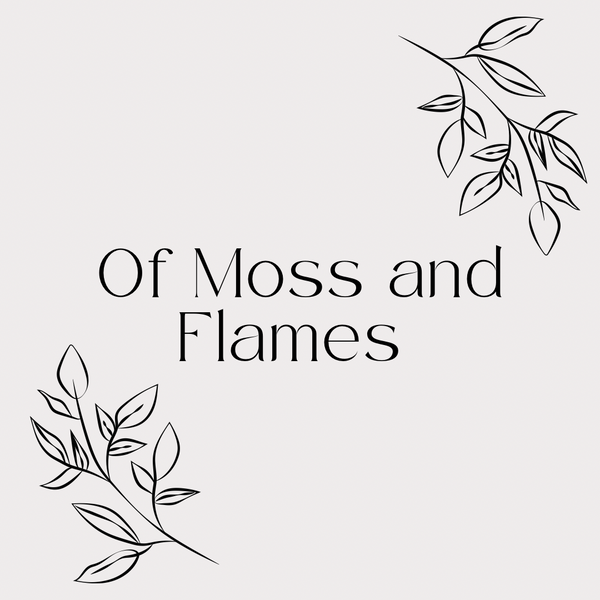
august first: lammas.
at lammas, also called lughnasadh (pronounced loo-NAS-ah), the hot days of august are upon us, much of the earth is dry and parched, but we still know that the bright reds and yellows of the harvest season are just around the corner. apples are beginning to ripen in the trees, our summer vegetables have been picked, corn is tall and green, waiting for us to come gather the bounty of the crop fields. now is the time to begin reaping what we have sown, and gathering up the first harvests of grain, wheat, oats, and more.
grain has held a place of importance in civilization back nearly to the beginning of time. grain became associated with the cycle of death and rebirth. the sumerian god tammuz was slain and his lover ishtar grieved so heartily that nature stopped producing. ishtar mourned tammuz and followed him to the underworld to bring him back, similar to the story of demeter and persephone.
in greek legend, the grain god was adonis. two goddesses, aphrodite and persephone, battled for his love. to end the fighting, zeus ordered adonis to spend six months with persephone in the underworld, and the rest with aphrodite.
in early ireland, it was a bad idea to harvest your grain any time before lammas; it meant that the previous year's harvest had run out early, and that was a serious failing in agricultural communities. however, on august 1, the first sheaves of grain were cut by the farmer, and by nightfall his wife had made the first loaves of bread of the season.
in some wiccan and modern pagan traditions, lammas is also a day of honoring lugh, the celtic craftsman god. he is a god of many skills and was honored in various aspects by societies both in the british isles and in europe. lughnasadh is still celebrated in many parts of the world today. lugh's influence appears in the names of several european towns.
